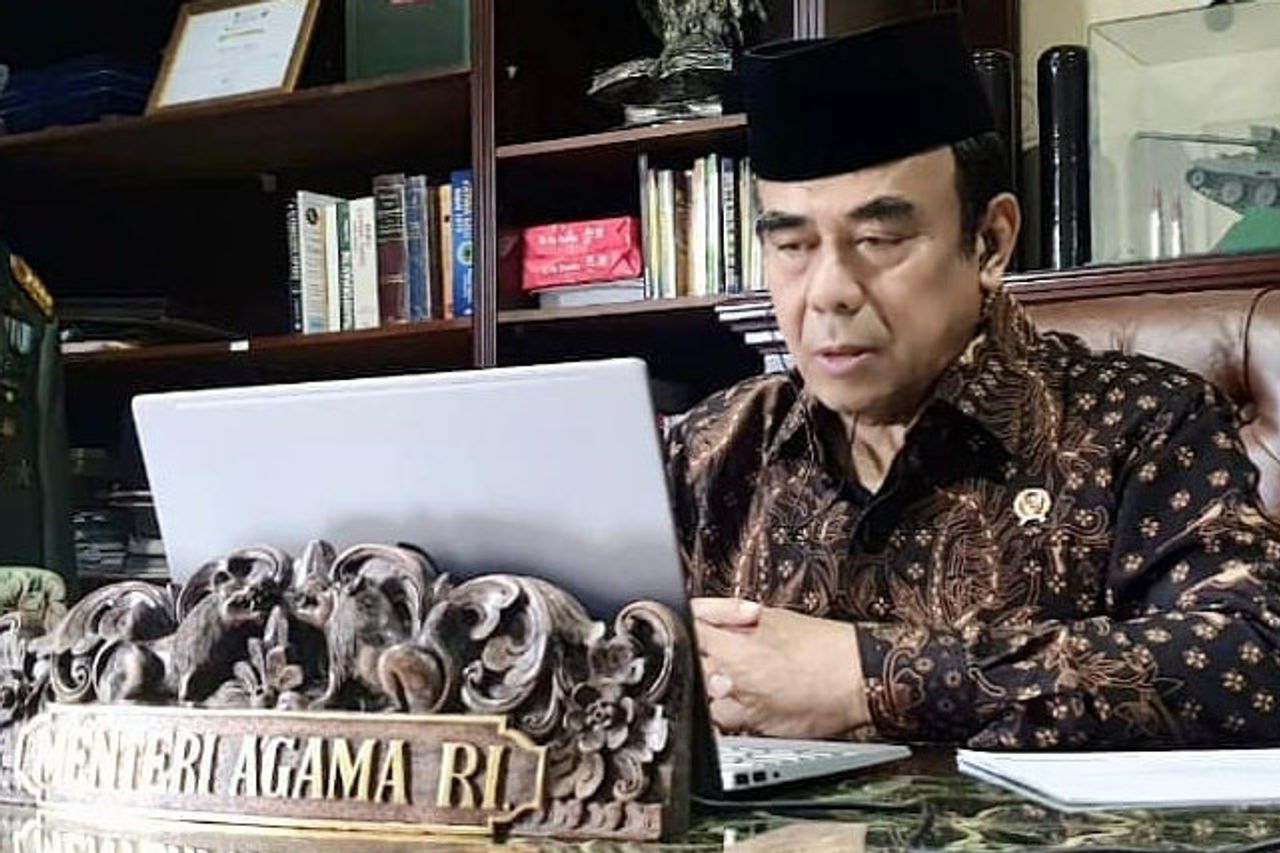Minister Of Religion Asks Residents Not To Receive Guests During Eid

JAKARTA - The government asks all people to celebrate Eid al-Fitr in their homes. This is because this year's Eid is still under the handling of COVID-19 prevention.
Minister of Religion Fachrul Razi asked residents not to accept guests who came to the house to stay in touch (halal bi halal) as is always done during Eid Al-Fitr.
"I suggest that Eid at home with the main family. No need to receive guests and don't have to go anywhere. We are not clear (knowing) that the guests who come may carry the virus, because there are now many people without symptoms," said the Minister of Religion in the broadcast. YouTube BNPB Indonesia, Thursday, May 21.
Fachrul appealed to residents to make friendship and apologize via online, both through instant messaging and social media applications.
"Gathering can be done through the available social media now. Then, through video calls on our cellphones, we can apologize to each other with friends where they are, because it doesn't have to be physical," he explained.
Eid prayers at homeFachrul continued, the government has prohibited people from carrying out Eid prayers in mosques or in the field in congregation in the midst of the COVID-19 pandemic.
It is better if, said Fachrul, that the Ied prayers should be done at home. Can be done in congregation with the nuclear family and can pray individually. According to the ulama's opinion, congregational prayers are allowed if there are 4 people.
"One person becomes a priest, three becomes congregation. The method is easy, it can be done like the usual 2 rak'ah prayer. It can also be done like the usual Eid prayer, the first cycles of 7 takbir, the second 5 takbir," said Fachrul.
"That way, we can do worship, making us not lose our joy, because it is our victory day. We also avoid COVID-19," he added.
The basis for the prohibition on gathering during EidPreviously, the Coordinating Minister for Political, Legal and Security Affairs (Menkopolhukam) Mahfud MD emphasized that the ban was carried out on the basis of the regulations of the Minister of Health Regulation (Permenkes) Number 9 of 2020 concerning Large-Scale Social Restrictions (PSBB).
"In short, massive religious activities such as congregational prayers at mosques or Eid prayers in the field are among the activities prohibited by Permenkes No.9 of 2020," Mahfud said, Tuesday, May 19.
This prohibition, he said, is also regulated in Law Number 6 of 2018 concerning territorial quarantine. Because, in this regulation, said Mahfud, there are rules that prohibit activities that cause crowds to gather and crowd.
"Not because of the prayers, but because it is part of an effort to avoid the COVID-19 disaster which is a national non-natural disaster which applies based on a government decision," Mahfud added.
The Indonesian Ulema Council has also issued a fatwa containing provisions for Eid prayers at home, both in congregation and alone.
Through the MUI Fatwa Number 28 of 2020 concerning Guidelines for Kaifiat Takbir and Eid prayers during the COVID-19 pandemic, it is stated that this prayer is the law of repulsion or highly recommended. This prayer is performed in congregation in the field, mosque, or prayer room.
However, in the midst of a pandemic like now, the MUI fatwa explains that prayers in the field, mosques and prayer rooms can be done if the area is safe from the spread of the corona virus. This is indicated by the decline in transmission rates and supported by the policy of easing activities that allow crowding to occur.
If this does not happen until Eid al-Fitr, people in the area can pray in their homes.
